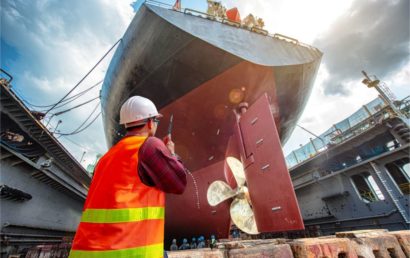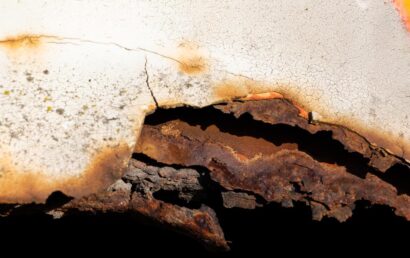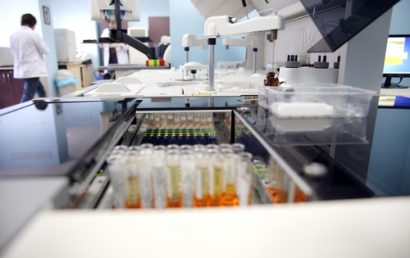Four Ways Coatings Can Benefit The Oil & Gas Industry
In the oil and gas sector, there are several variables that lead to shorter equipment life. Drilling, transporting oil and gas to industries, constant contact with rough seas, and persistent exposure to adverse weather conditions are all examples. These circumstances require strong coatings to extend equipment life when routine maintenance is not financially feasible. Continue reading if you want to know how coatings can overcome abrasion, fight chemical erosion, resist water and temperatures, and benefit the oil & gas industry as a whole.
Overcome Abrasion
Because the oil and gas sector operates in such a hostile environment, it is critical that parts be coated in order for the machinery to withstand everyday damage. Mechanical wear must be reduced for all operations to work properly and businesses can achieve that via coatings. As drilling and other extraction procedures create abrasion, protective metal coatings offer a smart shield that boosts resistance to abrasion.
Fight Chemical Erosion
The oil and natural gas sector often include impurities that are inherently harsh. To combat the effects of substances such as carbon dioxide and hydrogen sulfide that speed up erosion, the components must be coated with a formulation that enhances chemical resistance. In most situations, inadequate chemical resistance manifests itself in the form of equipment tempering, leading to a deterioration of machinery performance.
Water and Temperature Resistant
Coal tar, fiber mesh, and petroleum wax were among the common coatings used to protect pipelines in the old days. Now, most pipelines have fusion-bonded epoxy and multilayered composite coatings, which are water and temperature resistant, as well as versatile and robust enough to endure pipeline motions or impacts from environmental stimuli.
UV radiation, harsh ambient temperatures, the heat output from machine manufacturing, and a variety of other extreme situations can cause metal parts to corrode. That is why we cannot stress the importance of coating parts in such a manner that they can survive harsh conditions and extend the equipment’s life cycle.
Selected Coatings Have Lesser Environmental Impact
Chemical vapor deposition (CVD) is widely used in the industry and may be found in several consumer goods. They have a reputation for being an eco-friendly, long-lasting thin film layer. Mechanical devices, wear elements, analytical flow path constituents, and many other sectors requiring a high-performance light coating can all benefit from CVD.
On the other hand, PVD (physical vapor deposition) is not inferior to CVD. It doesn’t produce any of the toxic waste that other coatings, like electroplating does. PVD has relatively minimal risk for harmful material discharge into the environment, particularly when compared to electroplating. PVD coatings also help items last longer, and coated objects are less prone to erode or release toxins into our ecosystem. Defense from UV, heat and nasty chemicals is vital in the oil and gas industry because of the often-extreme temperatures and hostile surroundings. Strong coatings were created to enhance the service life of equipment by protecting components from both chemical and physical degradation. Other extreme heavy-duty coating variants can be used to minimize friction, making make-up torque easier, and grease sections that are subjected to tremendous pressure.



